Developing a solid workflow and production technique is an essential part of becoming a great music producer. While learning good habits can enhance the quality of your music, forming bad ones can hinder your potential as a producer. Here are a few common Issues every music producer will come across, and how to work around them.
Latency
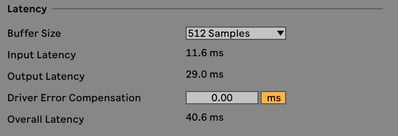
Latency in audio is represented by the time (in milliseconds) that it takes for audio to enter your computer / DAW and exit through your monitors.
Latency can not only be an issue while recording, but nothing halts a creative flow in the studio faster than a delay in your audio. Trying to work well in a situation where the latency of your computer is spiking can also give you an inaccurate representation of your mix.
The Buffer Size function in your daw will be your go-to for all latency issues. While recording an instrument, vocalist, or percussion, try lowering your buffer size to a reasonable level to limit the processing power and focus on recording the audio. On the other hand, if you're doing some heavy editing, processing, or mixing, you'll want to up the buffer size to compensate for your heavier usage.
While working on music it's best to close all other applications to limit your latency as well.
CPU Usage
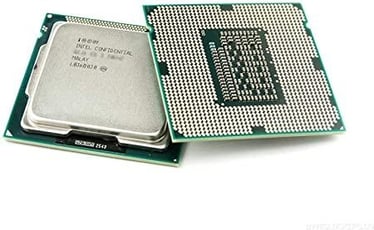
Certain DAWS, Plugins, and other Applications can tank your CPU's processing during a session. It's important to keep an eye on your CPU usage and make sure it's running smoothly.
Having multiple different effects, synths, or virtual instruments open at once is a quick way to clog up your CPU. Freezing or Flattening your midi tracks will help ease the workload on your CPU. Freezing a track turns a midi track with an active instrument into a temporary audio track. This way the synthesizer or instrument isn't continuously playing each note live, rather “freezing” it in time. The same goes for all effects and plugins used on that particular track.
Another way to save CPU usage is to close all other applications while you're working on music. There are several applications on either PC or MAC that don't work well while running simultaneously with a DAW. Most notably google chrome, messaging apps, discord, or any form of social media can eat up your CPU while in a session. They can also be a definite distraction from your creative flow.
Phasing
Phasing is a relatively unseen, yet very important issue when it comes to music production. Phasing, in a nutshell, is when two identical signals of audio are playing at the same time, or when certain frequencies in a sound overlap. This creates phasing and or phase cancelation.
The most important things to remember are, do not identically duplicate sounds in a song, and don't use too many sounds that sit in the same part of the frequency spectrum.
For example, if you wanted to have two guitars playing at the same time in your song, you cannot duplicate one guitar to make it sound like two. You would need to record a second take or different guitar for that section.
An example of adding two many sounds with similar frequency makeup would be adding too many different kick drums to a song. While layering kick drums is a common practice too much low end in those kicks could cause phasing issues because of a low-end build-up. They would be loud but you would end up with a lot of mud. It's more effective to keep your sound selection simple and effective.
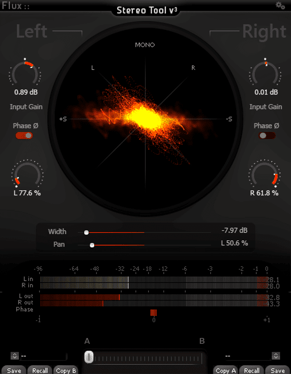
You can check the phase of a sound or even your entire song with a frequency analyzer. There are plenty of high-quality paid versions but Flux Audio has a fantastic free stereo imaging plugin “Stereo Imaging Tool” You can download it here!
Ear Fatigue
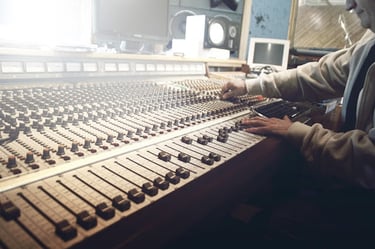
Ear fatigue is a very real issue when it comes to music production. Working in a studio or in your headphones for hours on end can really take its toll on your ears. You need to take breaks. If you know you're going to be in the studio for several hours, make sure to step outside, take a walk, and rest your ears for a bit. You tend to lose perspective on a record especially after several hours working on it. Taking that bit of time to recharge and rest can help you in the long run. It'll better preserve your ears as well.
Another important practice in avoiding ear fatigue is sleep. Getting a full night's sleep or even taking a nap mid-session helps to reset your ears and have them ready to go the next time you come into the studio.
Over Mixing
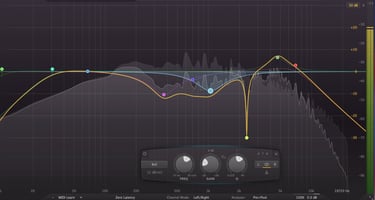
Just as it's easy to put out an unfinished and unbalance mix, you can also ruin a great song by overthinking and over mixing a session. Spending too much time trying to perfect a mix is always going to be a give-and-take scenario. It's hard to really tell if a song is finished especially if you're more of a perfectionist.
Avoid over eqing your sounds. It's tempting to surgically carve out every frequency in a sound but it can not only cause phase issues, but it can leave your track feeling hollow and empty. It's important to identify problem sounds in a mix and eliminate those, but not everything needs to be high-passed or low-passed. Leave room in your mix for the natural frequencies and harmonics of a sound to exist. You can do this while still attending to the mud and resonating frequencies that can stick out in your music.
Make sure to continue the “Mix As You Go” process and prep your sounds for the mixing stage. You want to gain stage your tracks while you produce. Making sure that each sound is level and not in the red. Then you can really make it pop while you're mixing, and finish it off with a loud master.
Don't go into the mix session the same day as you're producing a track. Your final mix-down should definitely be done separately from your production stage while making a song. The “Mix As You Go” method is a great way to set yourself up for a good mix, but mixing should be done with a fresh set of ears. It will lend a better perspective on outlying sounds, and issues with the song, letting you correct them in a different light.
Workload
The expression “Work Smarter Not Harder” holds true in music production. It's important to set yourself up for success even before you start producing a track.
Having a file system that is clearly labeled and concise will effectively lessen the work you have to do later on. Labeling tracks, folders, sample packs, and projects so you can easily find them at any point.
Having project templates saved in whatever DAW you're working in. You can save your default plugins, compressors, eq's, or even samples and they'll be ready to go as soon as you open the template.
Save your effect chains, plugin presents, and your favorite production tools into a folder. Whether that be within your DAW itself or on a hard drive, having a favorites folder of your go-to production arsenal is the easiest way to access everything quickly.
Keep your studio space clean and organized. Sometimes as creatives we tend to put their art before their upkeep. Rather focusing on making incredible music than the fact that their headphone cable is wrapped around their chair leg. A clean studio space not only looks nice but it eliminates those subconscious distractions we don't even know affect our workflow, allowing the creativity to flow without the distraction of clutter.
Use Of Time / Writers Block

Time is a precious resource and one we can't get back. Making good use of your time in a creative setting is the key to better music production.
Setting realistic goals for yourself can help you block out your schedule and grow steadily as a producer. The endless void of creative pursuit is a daunting one. Challenge yourself to meet certain goals, set deadlines, and create parameters for you to work within. It's easier to finish projects, release music, and start new sessions when you set deadlines for yourself. Start with something simple and work your way up to achieve more.
Avoid spending too much time on a single sound. It's very easy to lose track of your creative flow if you're tweaking the small components of a snare, guitar riff, or even a synth. It's better to finish your big idea first and then when you've gotten through it, go back and tweak the small things. Getting the melodies down, drum patterns, or texture elements of a song are sometimes more important in the moment than eqing a snare drum.
Set time limits for yourself during the day. Block out a few hours a day to spend on music with no distraction. No texting or social media. Maybe you're working on producing a song, maybe it's practicing your scales, or even recording vocals. Whatever it is, set a certain amount of time to work on that project. If you run over and you're on a roll but all means don't stop, but there's something to be said about scheduling time for yourself.
Always be sure to keep an eye out for when you get stuck in the process. Developing a technique is all about avoiding writers' block. If you're stuck, try something new. If you're stuck on a melody, try singing something to go along with the song. If you're stuck on drums, try finding a loop or playing a pattern with your hands. There are so many ways you can revive your creative flow during the production process.












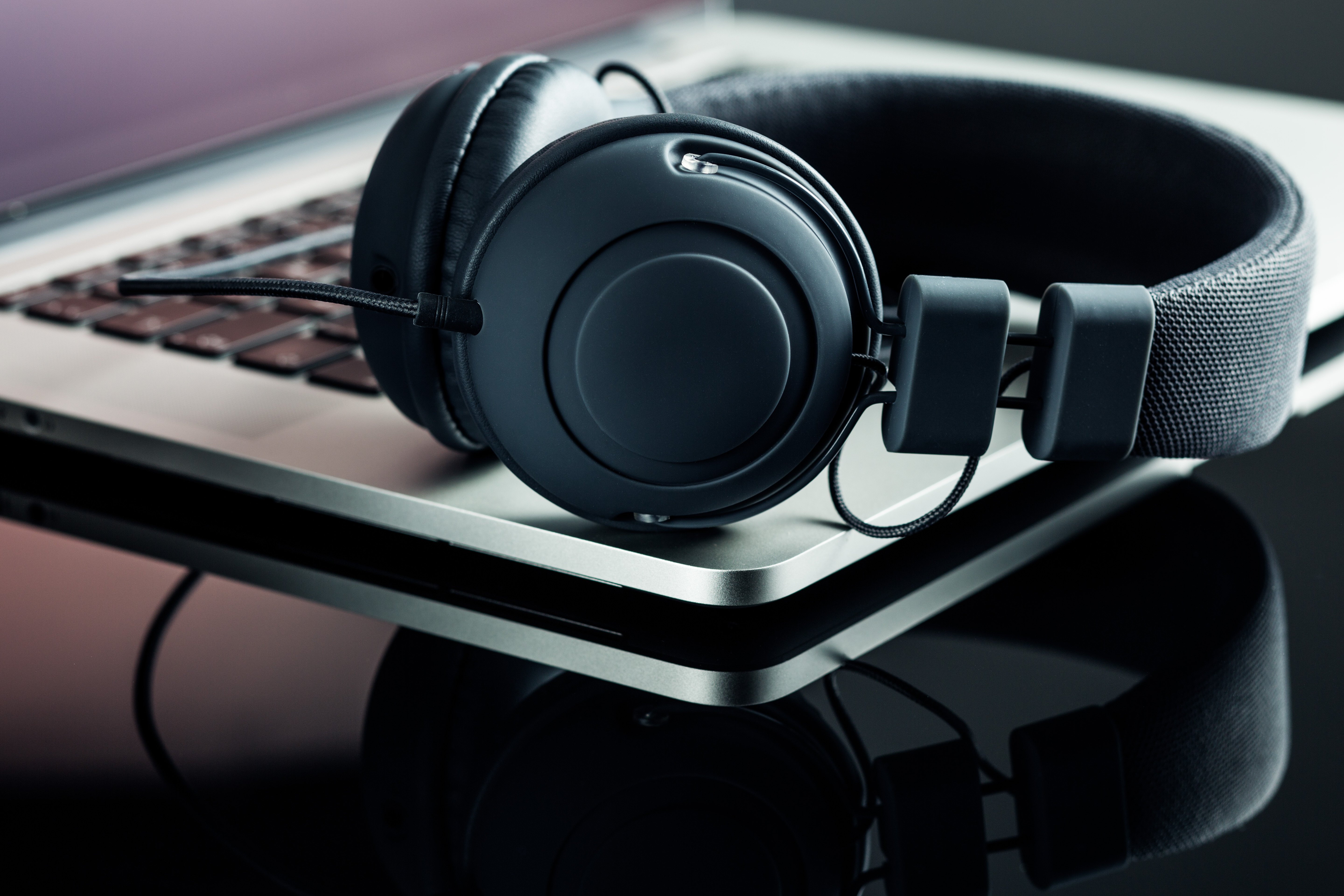
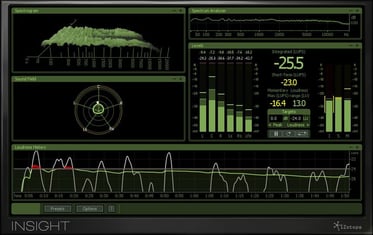
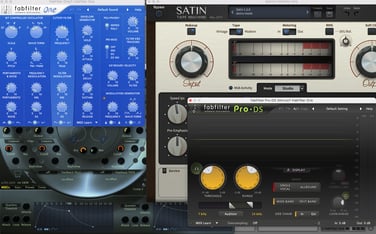
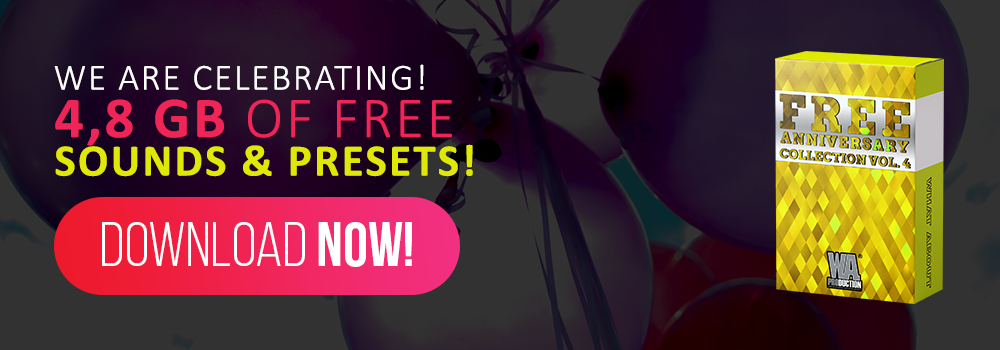
_Cropped.png?width=1600&name=02%20(2)_Cropped.png)




















Your Comments :